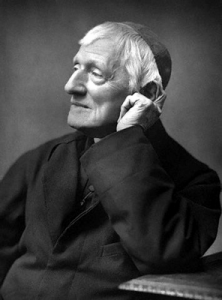 The links between ancient Greek philosophy and Christianity are numerous. The most famous of the Greek precepts: Gnothi Seauton , "Know thyself", inscribed in Delphi retains a certain mystery. Another end of the sentence has stuck with us: “But not too much”… Know yourself… But not too much! Plato leads Socrates to reflect on the Delphic formula in the Philebus :
The links between ancient Greek philosophy and Christianity are numerous. The most famous of the Greek precepts: Gnothi Seauton , "Know thyself", inscribed in Delphi retains a certain mystery. Another end of the sentence has stuck with us: “But not too much”… Know yourself… But not too much! Plato leads Socrates to reflect on the Delphic formula in the Philebus :
SOCRATES: In short, it is a species of vice which takes its name from a particular habit, and this part of vice in general is a disposition contrary to that recommended by the Delphi inscription.
PROTARCHUS: It is a precept: know thyself, that thou speakest, Socrates?SOCRATES: Yes, and the opposite of this precept, in the language of the inscription, would be not to know oneself at all.
"Know thyself" in order to improve yourself, to erase in you what hinders your development. Not knowing himself is already a fault for Socrates. "But not too much", because man so easily believes himself much more than he is, son of Adam, man is the plaything of his presumption. “But not too much” so as not to take yourself for a god.
This is one of the foundations of Greek culture, the idea of knowing oneself, the idea of wisdom, of advancing in wisdom, but also the feeling that if you dig too deep, surprises can arise, and not necessarily good. The Greeks were very aware of man's weaknesses, his shortcomings. The Greeks are even, with the Christians, those who have most highlighted the possibility of human weakness, it is also what makes them so close to us. The weakness of man is expressed in their gospels, the tragedies. Pity and terror are the two pillars. Know yourself… but not too much.